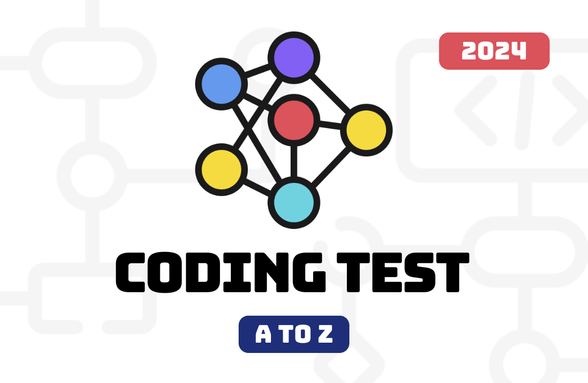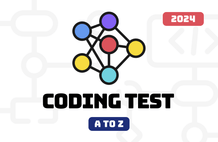Edited
・
Reviews 29
・
Average rating 4.9
I've seen a lot of posts saying that self-studying algorithms is enough, so I hesitated to take a lecture, but I'm so satisfied with the lecture that I regret the time I hesitated. In particular, I liked the part where the problem was approached from various angles and the thought process was well revealed in the solution. There are actually many good materials on the Internet about the conceptual parts of algorithms and how to solve problems to improve your skills. However, through the lecture, I was able to properly understand what it meant to see, understand, and follow the actual application of the contents while solving problems. Just listening to the lecture and understanding the contents of the lecture will not make it easy to solve problems right away, but I think you can definitely learn how to solve problems properly. If you have any concerns that your skills are not improving even though you have solved some algorithm problems, as I did, it would be good to check whether you have been solving problems properly through the lecture. In addition, the lecture content is good, but the composition and order are also good. It was really good to learn the algorithms corresponding to the approaches mentioned in the lecture (recursive, brute force, greedy, dp) from the beginning. Lastly, the answers to the questions were so detailed that I read all the answers even though they were not the questions I wrote.
Dear eoyeong, thank you for your valuable feedback! I think you've accurately grasped the points I considered important when planning the course! 😊😊 As someone who loves teaching, I've often pondered, "How can I easily convey what I've learned and realized to others?" since I started studying algorithms from scratch to competing in world championships. Among these, the most carefully considered topic was "a good thought process for solving problems." In other words, I put a lot of thought into "How should I think (what thought process should I go through) to approach the correct solution" when faced with a problem for the first time. I didn't want to just give a vague answer like "Read the problem properly and approach it logically," as is often said. Now, I have established my own system for "how to approach problems," and I have confirmed that this system works well enough for coding tests at major companies. I incorporated this system (how to approach and solve problems) throughout the overall flow of this course, and I designed the curriculum to help beginners develop problem-solving skills rather than following the well-known methods. I'm really proud that you mentioned these points. 😊😊 (It seems like you were really focused, catching on to all of this! 👍) I will continue to strive to bring you even better content in the future. Thank you once again for your valuable feedback!







